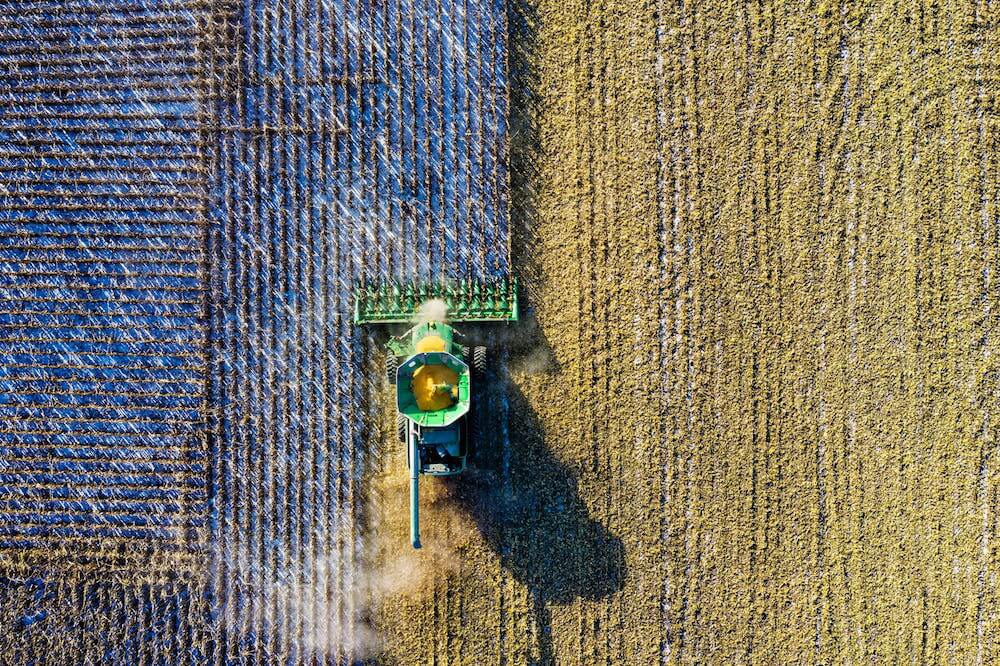Medically reviewed by Stacy Kennedy, MPH, RD/LDN, CSO
While there is limited scientific evidence demonstrating that eating organic food can decrease cancer risk, what is the evidence regarding its counterpart, GMOs? For now, there is insufficient evidence to conclude that consuming GMOs can increase your cancer risk.
What are GMOs?
GMO stands for genetically modified organism; this can be applied to include any plant, animal, or other organism whose DNA structure has been modified by the addition of genes from another living thing.
Crops are most often genetically modified to improve crop protection and improve resistance to insects, herbicides, and disease. Crops are also modified to contain extra nutrients, such as vitamins A, C, and D.

Animals can be genetically modified to produce lower-fat meat, resist certain diseases, or create less waste. Foods produced from or using GMOs are often referred to as GM foods.
Health effects
GM foods undergo safety assessments that focus on the mutation of the genes, possible toxic properties, and nutritional effects. The main health issues of concern are:
- Allergenicity, or the potential to provoke an allergic reaction. When GM crops, such as corn or wheat, are used in the creation of other foods (corn tortillas or bread), there is a chance that consumption of these foods could cause a reaction. In one case, a pest-repelling protein used on corn to destroy insects and was only approved for animal feeding, was cross-pollinated with unmodified crops, and therefore entered the human supply. People with an allergy to the protein experienced reactions as severe as anaphylactic shock.
- Gene transfer, or the transfer of genes from GM foods to cells of the body or to bacteria in the gastrointestinal tract. Although the probability of gene transfer is low, a transferred gene can cause adverse health effects.
- Outcrossing, or the the migration of genes from GM plants into conventional crops, and the mixing of GM and non-GM crops. Few cases have been reported where low levels of GM crops approved for animal feed were detected in products for human consumption.
Cancer risk
There is insufficient evidence to conclude that GMOs and GM foods can increase cancer risk. Eating more fruits and vegetables — regardless of how they are grown — is more beneficial than avoiding any potential risks of pesticides used on fruits and vegetables.
“It makes sense that we pay attention to where our food comes from and how it’s produced,” says Stacy Kennedy, MPH, RD/LDN, CSO, senior clinical nutritionist at Dana-Farber/Brigham and Women’s Cancer Center. “But the conversation should also be around local foods. The sooner you eat a fruit or vegetable after it’s picked, the more nutrients it has.”
Kennedy recommends eating fresh foods whenever possible and swapping salt for spices like oregano or thyme.
